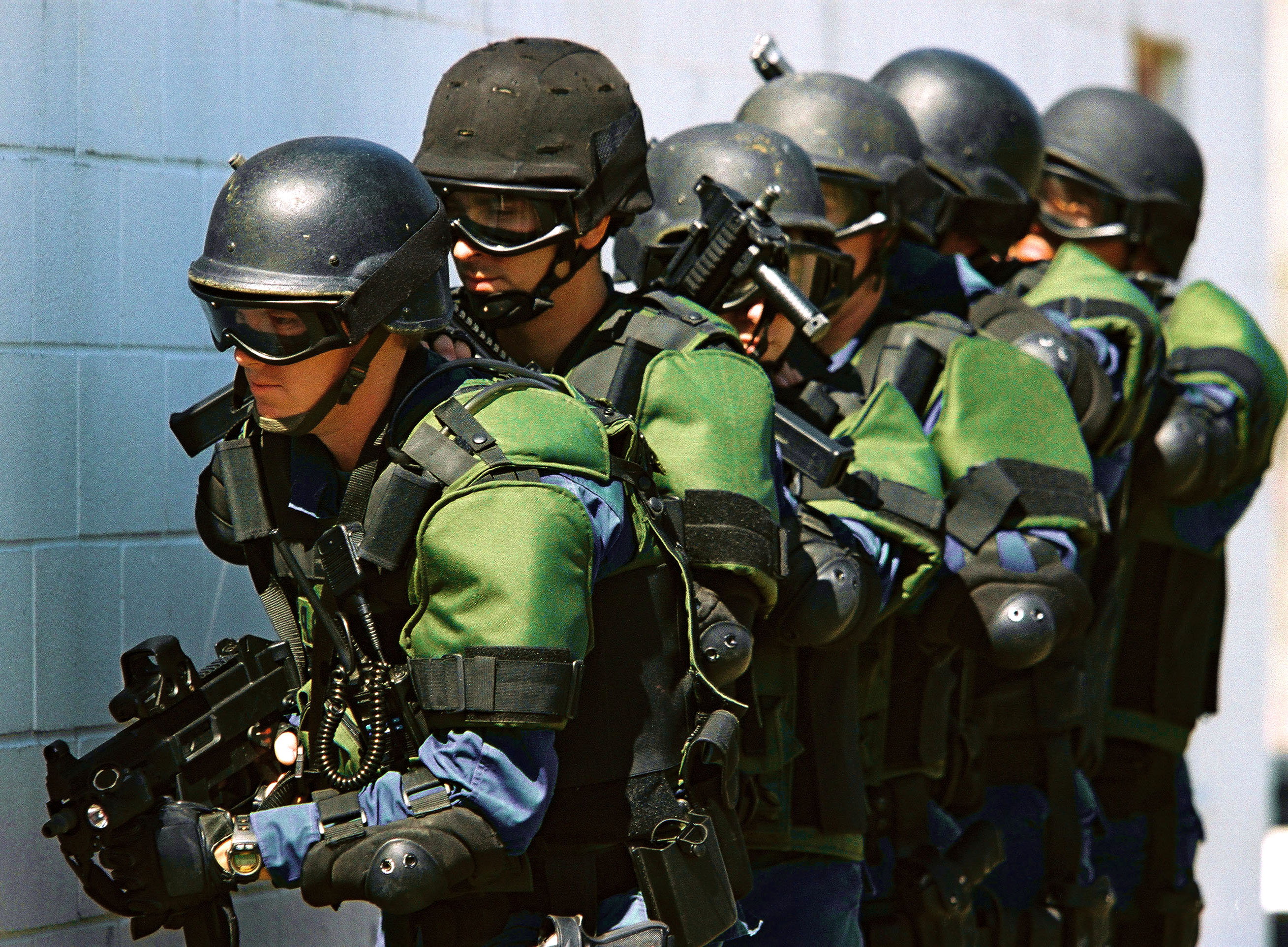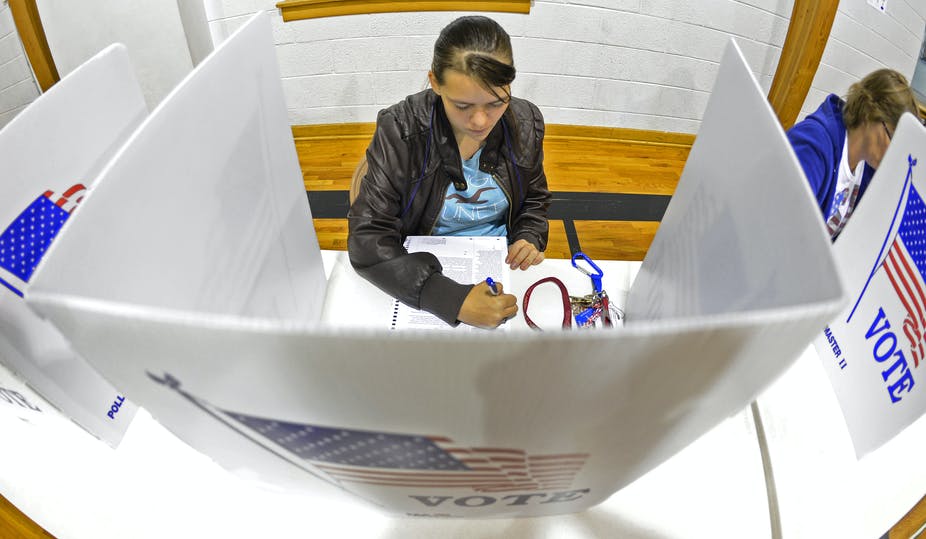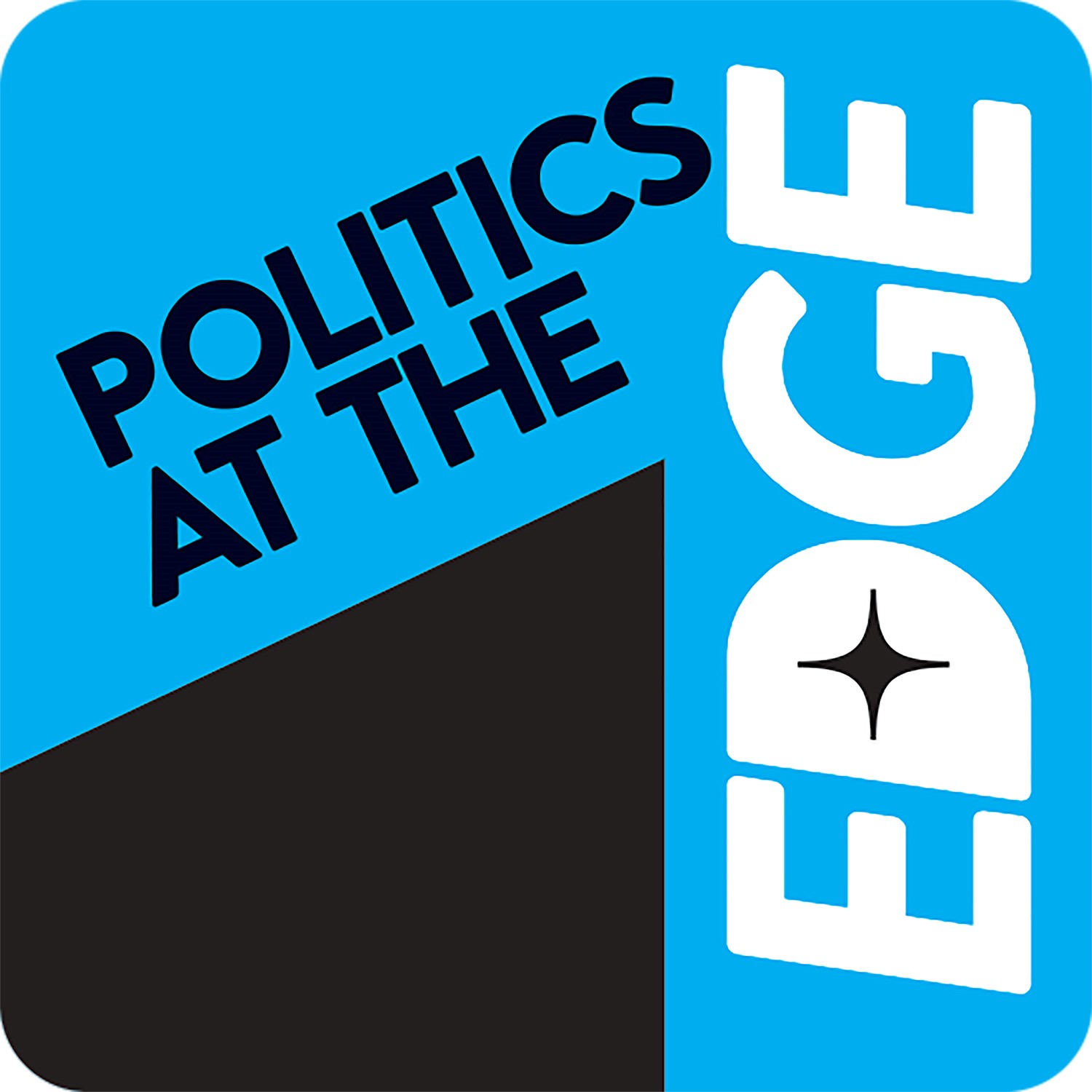Lee Jarvis, University of East Anglia and Tim Legrand, Australian National University
For the first time in the UK, the government has moved to ban a right-wing, neo-Nazi group called National Action. On December 12, the British home secretary, Amber Rudd, laid an order before parliament proscribing this relatively minor group, which has gained attention in recent months for its glorification of violence – notoriously celebrating the murder of MP Jo Cox – and the extreme tenor of its online posts. As Rudd said:
National Action is a racist, anti-Semitic and homophobic organisation which stirs up hatred, glorifies violence and promotes a vile ideology, and I will not stand for it.
The proscription order is expected to come into force on December 16 following a debate in parliament, which always approves the home secretary’s request for the addition of new groups to the UK’s list.
Being added to the UK’s list of proscribed organisations has significant implications for National Action. It is a criminal offence to belong, or profess to belong, to such an organisation, and to support, or solicit support – financial or otherwise – for a banned group. This was the offence for which Anjem Choudary was convicted earlier this year in relation to the Islamic State. Other activities, including speaking at meetings promoting a proscribed organisation, or wearing symbols of support are also banned.
Prior to the addition of National Action, the UK had proscribed a total of 84 groups – eight of which were added since the start of 2015 alone – a figure higher than the equivalent lists in Australia (23), Canada (54) and the US (61).
This power to ban groups is used widely around the world, and is a practice with roots going back through to both the ancient Roman Law known as “power of life and killing” and to when people were outlawed in pre-Magna Carta Britain.
Nebulous organisations
Our own research has argued that the power to ban groups has questionable value for reducing the threat of terrorism. Instead, more attention needs to be given to the processes through which politicians and others seek proscription and depict it as an important tool for increasing national security.
This scepticism dovetails with the work of other researchers, such as the legal scholar Russell Hogg, who doubt that contemporary terrorist groups are appropriate targets for “listing” because they tend not to exist as coherent organisations with a fixed identity and an identifiable membership. This might be less problematic in the case of National Action which appears to have many of the trappings we might expect of a modern political organisation such as a website, social media account, regional branches and a hierarchy with its leadership.
Yet the history of “terrorist groups”, across the political spectrum, is one populated by examples of fragmentation and group splits, re-branding and new alliances. So as a tool of counter-terrorism, proscription is far from perfect in capturing the rapid transformations of organisations deemed to be “terrorist”. And it is, of course, possible that those associated with National Action will simply now switch their allegiance to other far-right organisations.
Liberties curbed
Other concerns relate to the implications of proscription for rights and liberties – particularly those cherished in a liberal democratic society such as the freedoms of speech, association, dissent and resistance. Although some might argue that these freedoms should be limited in extreme circumstances such as where the threat of violence is present, groups such as National Action are often banned not for any violences they have committed, but as Rudd said, for their “vile ideology” and “stirring up of hatred”.
This use of counter-terrorism powers to curb expression and association – often with very limited scrutiny given parliament’s usual straightforward approval of proscription orders – provokes significant concerns for the vitality of liberal democracy. As the MP Douglas Hogg noted in a House of Commons debate in 2002, which led to the banning of the groups Jemaah Islamiyah, Abu Sayyaf, the Islamic Movement of Uzbekistan, and Asbat Al-Ansar:
Let us never lose sight of the fact that we are curtailing civil and political rights and that we are extending the criminal law to British citizens who may or may not be our constituents. It is very easy to be unjust in the context of a crisis, an emergency or terrorism.
More for show than effectiveness
But this brings us back to the question of whether proscription is effective. If banning groups such as National Action makes us safer, might it be acceptable to step on some people’s civil liberties? The problem, unfortunately, is that there isn’t a great deal of evidence to demonstrate the effectiveness of listing groups as a counter-terrorism tool. In fact, banning National Action could even be counter-productive: raising their profile and attractiveness to potential recruits. This was the fear expressed by the Nigerian government prior to the US decision to list the group Boko Haram as a Foreign Terrorist Organisation in 2013.
In light of this, the banning of organisations such as National Action has arguably far less to do with those groups themselves, or even with national security. Instead, as we have argued in our research, the purpose is largely a symbolic one, aimed at drawing a dividing line between “us” and “them”.
Proscription operates as a means for politicians to show that something is being done. It is a way of demonstrating that there is a stark difference on the one hand between liberal, open and responsible states like the UK, and illiberal, irrational terrorists on the other.
If this is the case, the effectiveness of banning National Action might be far less important than the communication of a message that groups such as this are unwelcome in contemporary British society.
![]()
Lee Jarvis, Reader in International Security, School of Politics, Philosophy, Language and Communication , University of East Anglia and Tim Legrand, Lecturer, National Security College , Australian National University
This article was originally published on The Conversation. Read the original article.
Image Credit: Wikimedia





